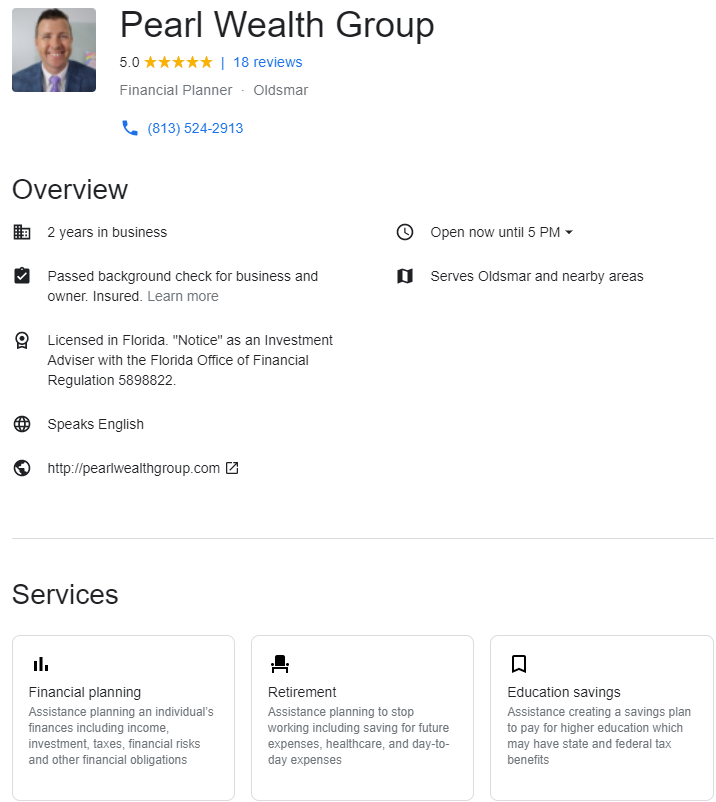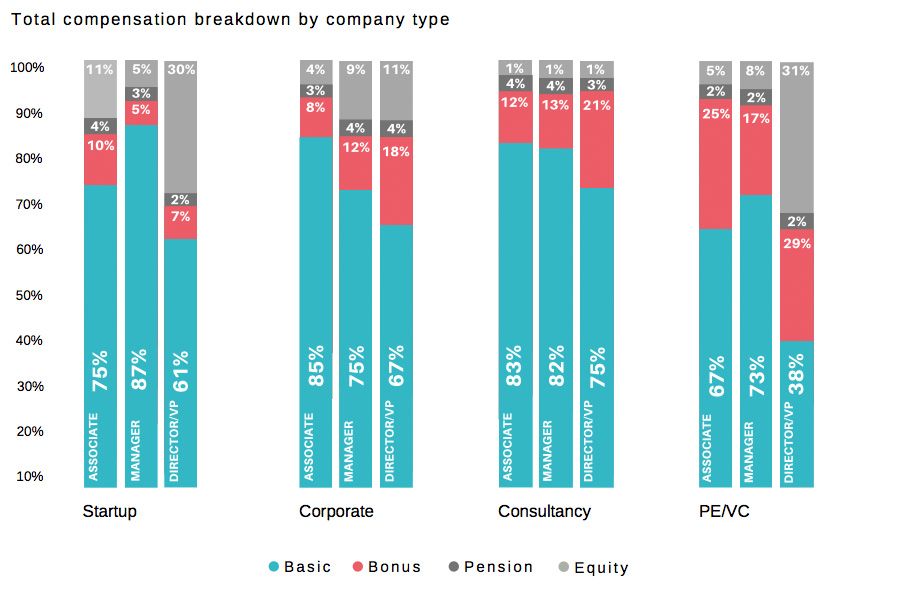
A variety of benefits come with working for banks: travel, career opportunities, salary, and more. This article examines the benefits and implications of this role for the banking industry. We also consider the pros and disadvantages of this position. In addition, we consider the key challenges faced by consultants, including the potential for relocation.
Consulting for banks has many benefits
The demand for consultants in the banking industry stems from the need for increased efficiency and cost reduction. Banks also have to adapt to regulatory changes such as the Dodd-Frank Act. Although it is a lucrative career, consulting for banks requires extensive education and training. Typically, bank consultants hold a bachelor's degree in business administration, finance, or accounting. They also receive on-the job training. They will also need to acquire multiple licenses and certifications.
Bank consultants must have strong problem-solving abilities and analytical skills. Bank managers and customers may require them to explain complicated financial concepts. They may also need recommendations based on client information.

Career path
Although there are many similarities, there are many differences in consulting and banking. Although one can work closely with an organization, they have drastically different cultures. Consultants are less productive than bank employees and work in a more cooperative environment. Consultants are also more flexible and have more weekends.
Consulting jobs are generally secure. But banking jobs require traveling. Many consultants who travel to New York, New Jersey, and London for work will spend significant time away.
Salary
Salary for consulting for banks is comparable to the base salaries of most other consulting professions, but the biggest difference is bonuses, which are often more than 50% of annual compensation. Extra money is the key to investment banking. It can be difficult for top consultants to hire. About half of McKinsey workers eventually went into the financial industry.
Bankers and consultants often have very similar lifestyles, although they work longer hours. New bankers tend to work seventy to ninety hour weeks in their first years. Weekends and Sundays are not often their free time. Consultants usually work 60 hours per semaine and may be required travel.

Travel
Banks are always looking for ways to increase the value of their travel offerings. There are many options. They can also use cloud technology and travel technology to improve agility and reduce costs. You can also offer travel advice and other benefits or engage in business networking. Travel consultants can also offer referrals, which is a great way to attract new clients.
Travel consultants make it easy for clients to arrange their travel plans, provide recommendations, and ensure a memorable experience. For their clients, they might also call the frequent flyer department to make sure that they get the best possible deals. They have access to the phone numbers of mileage specialists that they can call to refer clients. In addition, these professionals attend fam trips and receive invitations to experience the newest travel products and services.
FAQ
What should I expect from my consultant
After you have selected your consultant, expect to hear from them within a few business days. They will typically ask for information about the company, such as its mission, goals. products and services. budget. They will then send you a proposal that outlines the scope of work and estimates timeframe, fees, deliverables, milestones and other details.
If everything looks good, then the two parties will negotiate a written contract. The type of relationship between them (e.g. employer-employee or employer-independent contractor) will determine the terms of the contract.
If all goes well, the consultant will start working immediately. You will have access both to your documents and internal resources and the consultant's skills and knowledge.
You shouldn't assume, however, that every consultant is an expert in all areas. To become an expert in any field you consult, it takes practice and effort. Don't expect your consultant know everything about your company.
How much do consultants earn?
Some consultants make over $100k per year. However, most consultants only make $25-$50k. A consultant's average salary is $39,000 This applies to both hourly and salaried consultants.
Salary depends on experience, location, industry, type of contract (contractor vs. employee), and whether the consultant has his/her own office or works remotely.
Why should consultants be hired?
There are many factors that could lead to you hiring consultants.
-
Perhaps your company has a specific problem or project you need to address
-
You want to increase your skills and learn something new
-
It is important to work with an expert on a subject area
-
The task is yours alone.
-
You feel overwhelmed by all the information and don’t know where to begin.
-
You can't afford to pay someone full-time
You can find good consultants by word of mouth. Ask your network if they are aware of any credible consultants. Ask someone you know who is a consultant for his/her recommendations.
If you decide to use online directories like LinkedIn, use the "Search People" feature to look for consultants in your area.
How did modern consulting come to be?
The first consultants were actually accountants who would help companies manage their finances. Because they were skilled in managing financial information, they became "accounting consulting". This role quickly expanded to include human resource management.
The French word for advice, "consultant", was originally used to describe someone who could advise on the management of an organization. Even today, many business owners still use "consultant" when referring to professional advisors.
What tax do I have to pay on consulting income?
Yes, you must pay tax on the consultancy profits. It depends on how much income you make per year.
You can also claim expenses if you are self-employed. This includes rent, childcare, food, and transportation.
However, you cannot deduct interest payments from loans, vehicle repairs, or the cost for equipment.
If you earn less than PS10,000 per year, 25% can be claimed back.
However, you might still have to pay tax if your earnings are higher than the threshold. This depends on whether you are an employee or contractor.
The tax system for employees is PAYE (pay-as-you earn), while VAT is applied to contractors.
What are the types of contracts available to consultants?
Most consultants sign standard employment deals when they're hired. These agreements define the terms of the agreement, including how long the consultant is expected to work for the client as well as what he/she should be paid.
Contracts will also outline the areas of expertise and compensation for the consultant. The agreement might state that the consultant will conduct training sessions, workshops or webinars.
Sometimes, the consultant simply agrees that a specific task will be completed within a set time frame.
Many consultants sign independent contractor agreements in addition to the standard employment agreements. These agreements allow the consultant work on his/her own but still receive compensation for his/her efforts.
Statistics
- So, if you help your clients increase their sales by 33%, then use a word like “revolution” instead of “increase.” (consultingsuccess.com)
- Over 62% of consultants were dissatisfied with their former jobs before starting their consulting business. (consultingsuccess.com)
- Over 50% of consultants get their first consulting client through a referral from their network. (consultingsuccess.com)
- "From there, I told them my rates were going up 25%, this is the new hourly rate, and every single one of them said 'done, fine.' (nerdwallet.com)
- 67% of consultants start their consulting businesses after quitting their jobs, while 33% start while they're still at their jobs. (consultingsuccess.com)
External Links
How To
How to Find the Best Consultant
Ask yourself what you want from your new consultant before you start looking. Before you begin looking for a consultant, it is important to know what your expectations are. It is important to make a list with all the requirements you have for a consultant. This could include: professional expertise and technical skills, project management capabilities, communication skills, availability, etc. You might also want to talk with colleagues or friends about their recommendations. Ask them about their experiences with consultants and compare their recommendations to yours. Research online if you don’t already have recommendations. There are many websites that allow users to leave feedback about their previous work experiences, such as LinkedIn and Facebook, Angie's List or Indeed. Take a look at comments and ratings from others, and use that data to find potential candidates. Finally, once you've got a shortlist of potential candidates, make sure to contact them directly and arrange an interview. During the interview, you should talk through your requirements and ask them to explain how they can help you achieve those goals. It doesn’t matter who recommended them to you, just make sure they understand what you are trying to achieve and how they can help.